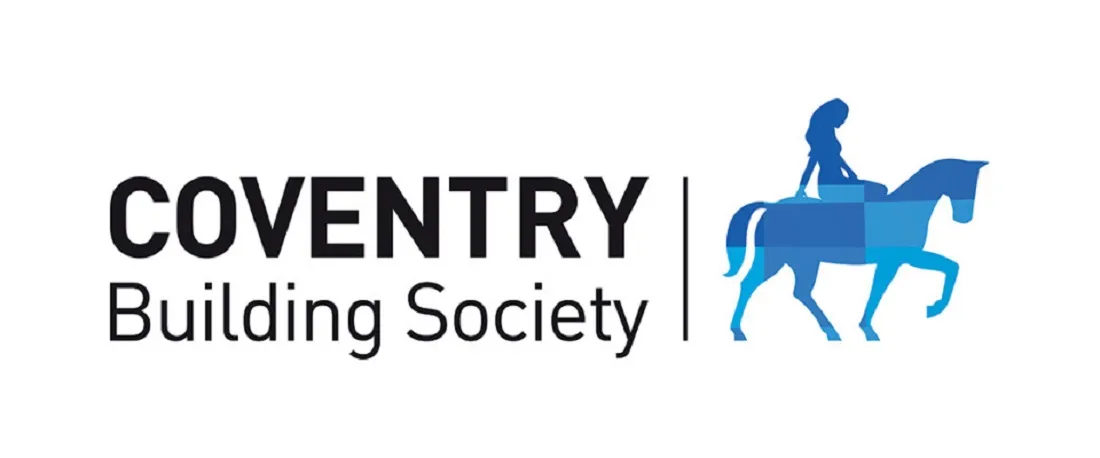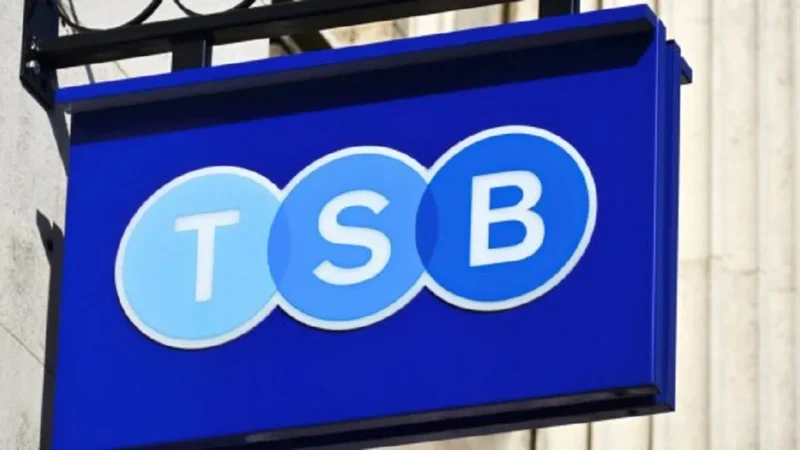How Much Can I Borrow For a Mortgage Coventry Building Society

How Much Can You Borrow for a Mortgage from Coventry Building Society
When purchasing a home, one of the critical questions you may have is, “How much can I borrow for a mortgage?” Coventry Building Society, a trusted financial institution, offers mortgage loans to help individuals and families achieve their homeownership dreams. Understanding the factors Coventry Building Society considers when determining mortgage borrowing limits can provide valuable insights as you navigate the home buying process.
In this blog post, we will explore the key factors Coventry Building Society considers when calculating the amount you can borrow for a mortgage. By familiarizing yourself with these considerations, you can better plan your property purchase and better understand your financial options.
1- Income Assessment of Coventry Building Society for Mortgage
One of the primary factors Coventry Building Society considers when determining your mortgage borrowing capacity is your income. Your income provides a crucial indication of your ability to make regular mortgage repayments. Here are some key points to understand:
- Annual Income: Coventry Building Society typically applies a multiple to your annual income to calculate the maximum loan amount you can borrow. This multiple can vary depending on your employment type, financial stability, and other circumstances.
- Employment Type: Whether you are employed or self-employed can impact how your income is assessed. Coventry Building Society evaluates the stability and consistency of your income source. Employed individuals with a steady job history generally have an advantage in demonstrating a reliable income stream.
- Contract Terms: For self-employed individuals, the terms and conditions of your contracts play a significant role. Lenders may consider factors such as the length of your self-employment, the nature of your industry, and the stability of your income over a specific period.
- Additional Income Sources: Coventry Building Society may also consider additional sources of income, such as bonuses, commissions, investments, or rental income. These can enhance your borrowing capacity.
Gathering relevant documentation, such as payslips, tax returns, and bank statements, is essential to provide evidence of your income. By assessing your income, Coventry Building Society can determine an appropriate mortgage amount that aligns with your financial situation and repayment capacity.
2- Affordability Evaluation of Coventry Building Society for Mortgage
In addition to your income, Coventry Building Society conducts an affordability evaluation to determine how much you can borrow for a mortgage. This assessment considers your monthly expenses and financial commitments to ensure you can comfortably afford the mortgage repayments. Here are some key points to understand:
- Outgoings and Expenses: Coventry Building Society reviews your regular monthly expenses, such as utility bills, insurance premiums, transportation, and living expenses. They aim to ensure that your income is sufficient to cover these ongoing obligations alongside your mortgage payments.
- Existing Debts: Any existing debts, such as credit card balances, personal loans, or student loans, are taken into account during the affordability evaluation. Lenders assess your debt-to-income ratio to determine your ability to manage additional financial obligations.
- Financial Stability: Lenders consider the stability of your financial situation, including the likelihood of any future changes that may affect your income or expenses. This evaluation helps determine your long-term affordability and ability to sustain mortgage repayments.
- Stress Testing: Coventry Building Society may apply stress tests to evaluate your ability to handle potential changes in interest rates. They consider how your affordability would be impacted if interest rates rose.
By conducting an affordability evaluation, Coventry Building Society aims to ensure that the mortgage you borrow aligns with your financial capabilities and minimizes the risk of financial hardship. It’s crucial to provide accurate information about your expenses and existing debts during the application process.
3- Deposit Size Required of Coventry Building Society for Mortgage
The size of your deposit significantly determines how much you can borrow for a mortgage with Coventry Building Society. Here are some key points to consider:
- Minimum Deposit Requirement: Coventry Building Society, like most lenders, requires a minimum deposit amount. This is usually expressed as a percentage of the property’s purchase price. The minimum deposit typically ranges from 5% to 20% of the property’s value, depending on various factors such as loan-to-value ratio requirements and the specific mortgage product.
- Impact on Loan-to-Value Ratio (LTV): The deposit you provide directly affects the loan-to-value ratio. This ratio represents the percentage of the property’s value you need to borrow. For example, if you have a 10% deposit, the loan-to-value ratio would be 90%. Lenders may have different criteria and interest rates based on different LTV bands.
- Advantages of a Larger Deposit: A larger deposit can offer several advantages. It may lead to more favorable mortgage terms, including lower interest rates and a wider choice of mortgage products. Additionally, a larger deposit can increase your maximum loan amount.
- Savings and Gifted Deposits: Coventry Building Society typically prefers deposits accumulated through personal savings or from a reliable source. Some lenders also accept gifted deposits from family members, but they may have specific requirements for verifying the source of the gift and any legal implications.
By saving for a larger deposit, you can enhance your borrowing capacity and secure more favorable mortgage terms. However, finding a balance between your deposit amount and other financial priorities is essential.
4- Credit History Consideration of Coventry Building Society for Mortgage
Coventry Building Society, like other lenders, evaluates your credit history when determining how much you can borrow for a mortgage. Your credit history provides insights into your past financial behavior and helps lenders assess your creditworthiness. Here are some key points to understand:
- Credit Score: Lenders typically consider your credit score, which is a numerical representation of your creditworthiness based on your credit history. A higher credit score indicates a better credit profile and may increase your borrowing capacity.
- Payment History: Coventry Building Society examines your payment history to determine if you have a track record of making timely repayments on existing debts, such as credit cards, loans, or other lines of credit. Consistent and punctual payments contribute to a positive credit history.
- Outstanding Debts: The amount of outstanding debt you currently have can impact your borrowing capacity. Lenders consider your debt-to-income ratio, which measures the proportion of your income towards debt repayments. Lower levels of debt can positively influence your mortgage eligibility.
- Bankruptcies or Defaults: Any past bankruptcies, foreclosures, or loan defaults can harm your credit history. Before approving your mortgage application, lenders may scrutinize these instances and assess the associated risks.
- Credit Utilization: Coventry Building Society may evaluate your credit utilization ratio, which measures the proportion of your available credit that you are using. Keeping your credit utilization low demonstrates responsible credit management and may improve your chances of borrowing a higher amount.
Maintaining a healthy credit profile is crucial when applying for a mortgage. Regularly reviewing your credit report, addressing errors, and practicing responsible credit management can help improve your creditworthiness.
Conclusion:
Determining how much you can borrow for a mortgage with Coventry Building Society involves considering several important factors. These include income assessment, affordability evaluation, deposit size, and credit history consideration. By understanding these factors and their impact on your borrowing capacity, you can make informed decisions during the home-buying process.
Coventry Building Society assesses your income to ensure you have the financial capacity to meet mortgage repayments. They also evaluate your affordability by considering your monthly expenses and existing debts. The size of your deposit plays a significant role, as a larger deposit can result in more favorable mortgage terms and potentially increase your borrowing capacity. Your credit history is also reviewed to assess your creditworthiness and determine the risk associated with lending to you.
It’s crucial to remember that Coventry Building Society may have specific guidelines and criteria for mortgage borrowing. To obtain accurate and up-to-date information tailored to your situation, it is recommended to consult directly with Coventry Building Society or seek advice from a mortgage advisor.
By understanding Coventry Building Society’s considerations and working to strengthen your financial position, you can increase your chances of securing a mortgage that aligns with your needs and supports your homeownership goals.






